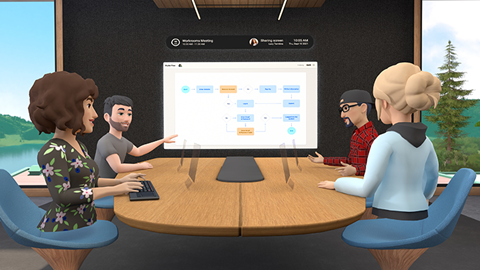When was the last time we got to reinvent education?
Conventional schooling as we know it evolved when we stopped viewing children as laborers of a bygone industrial age and instead as human beings.
Our modern age now calls for us to recognise them as something almost posthuman; people as reliant upon digital extensions as they are on their own hands and legs.
Textbooks are compressed into pre-recorded lectures and PDF files. Whispering to a friend during class has turned into sending a direct message or using VR technology that adjusts the volume of voices according to their digital location (à la Zuckerberg’s Meta Quest). And committing truancy means turning your camera off and spending fifth period eating snacks in the kitchen.
Make no mistake—digital learning is here to stay, and the hybrid model has only just scratched the surface of what’s possible for the future.
McCrindle’s “Education Future Report” of 2021 looked to the digital natives themselves—Australian students aged 16 to 24—to gather insights about hybrid learning and how it works as a valid dimension of education.
Hybrid learning, aka a combination of time spent learning from home and in the classroom, is the preferred learning model amongst students—70 per cent of them, in fact.
Students can recognise that different skills suit different learning environments. Online, for example, students are likely to say their “adaptability”, “personal organisation” and “time management” skills are better developed. Meanwhile “communication skills” and “collaboration” remain best developed in the physical classroom.
The ‘metaverse’ has become an increasingly contentious concept—and it’s not as far away as we think. The aforementioned Meta Quest glasses allow virtual avatars to meet up in digital space, for example, creating a whole new frontier for online learning.

With new systems come new challenges, and a huge concern for educators and guardians alike is wellness in the digital space. According to the McCrindle report, more than four in five students say they struggle with spending too much time on screens and technology.
Bringing school online is only expanding their digital usage. Almost three-quarters (74 per cent) of Gen Z’s time outside of school and work is reportedly spent online, and two in three students say this has an impact on their mental health.
Digital learning is here to stay, and we’ve got some navigating to do. Classrooms have officially sprawled into the metaverse, and it’ll take one step at a time to hazard what’s out there.







